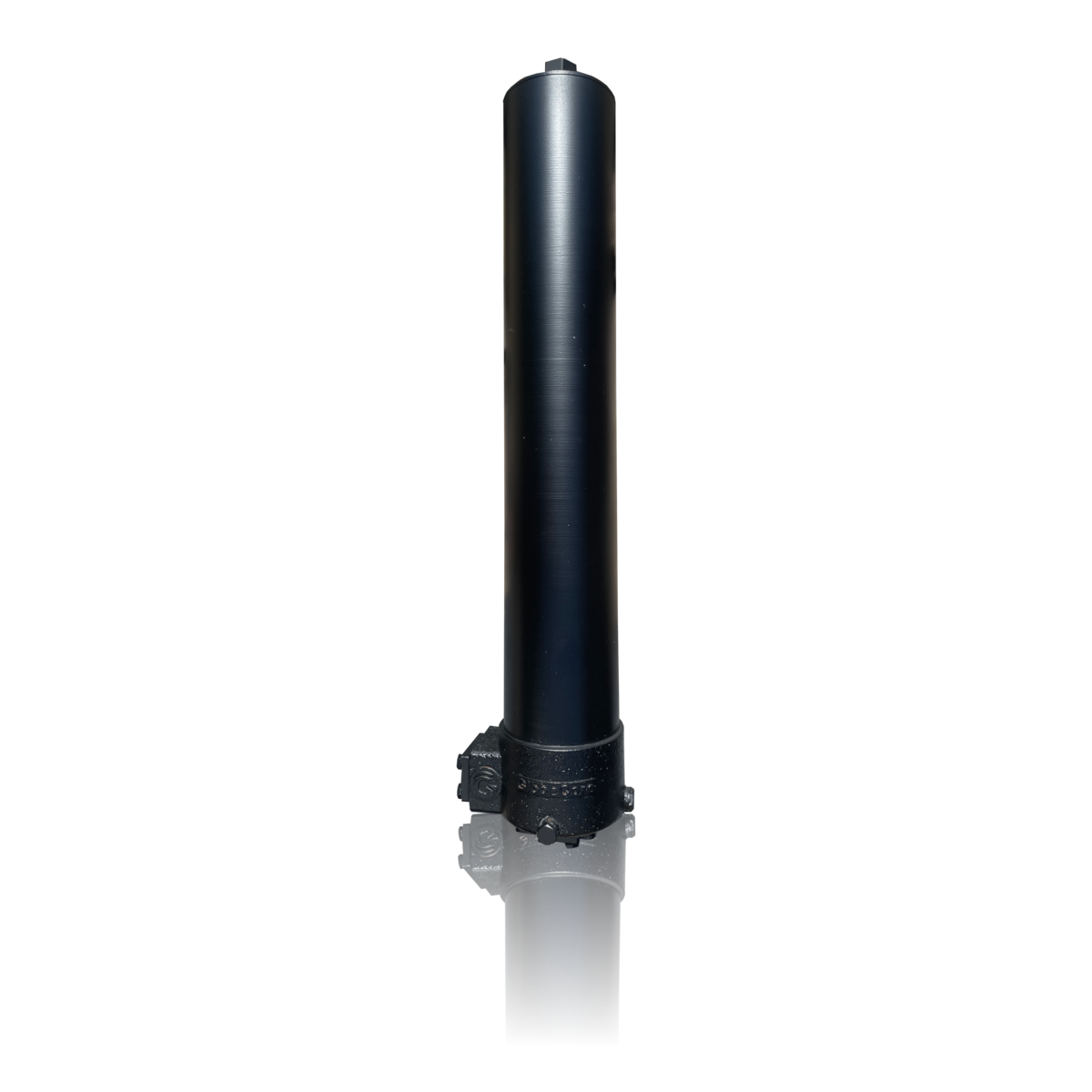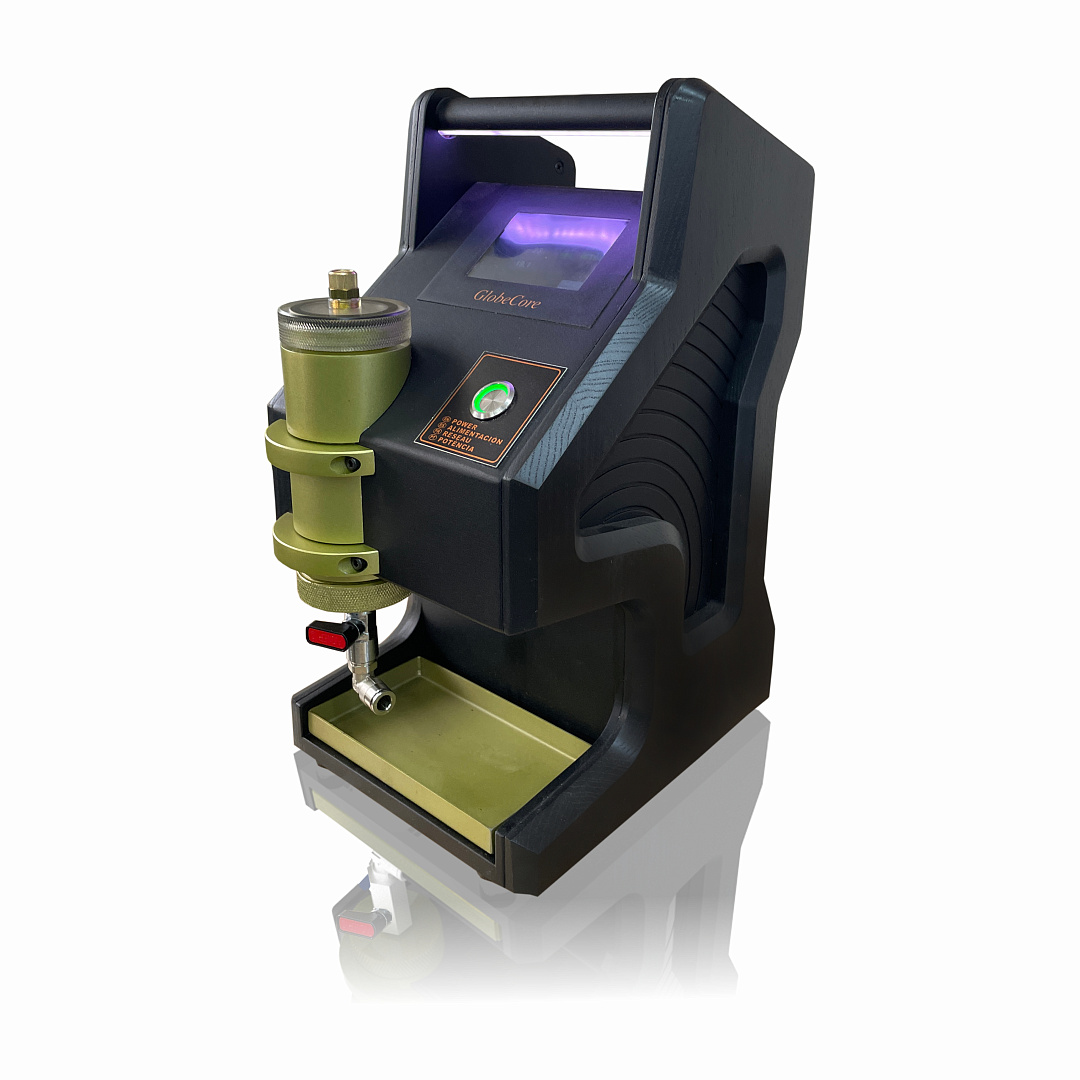Diesel purification
How do Biocides for Diesel prevent microbial growth in fuel systems?
- This topic has 1 reply, 2 voices, and was last updated 1 year, 4 months ago by .
Answers
-
October 5, 2024 at 2:12 pm by Alberico Monicelli
Biocides for Diesel prevent microbial growth in fuel systems by chemically inhibiting the development and proliferation of bacteria, fungi, and other microorganisms that thrive in the presence of water in diesel fuel. Mechanism of Action involves biocides disrupting microbial cell structures, inhibiting metabolic processes, and preventing reproduction, effectively killing existing microbes and preventing new growth. Types of Biocides used in diesel include quaternary ammonium compounds, isothiazolinones, and polyisothiazolinones, each targeting different microbial species with varying effectiveness. Application Methods involve adding the appropriate concentration of biocide directly to the diesel fuel, ensuring even distribution throughout the fuel system. Preventing Fuel System Issues such as microbial-induced corrosion, sludge formation, and filter clogging, biocides maintain clean fuel lines and injectors, enhancing engine performance and longevity. Compatibility with Fuel Additives is essential to ensure that biocides do not interfere with other fuel treatment agents. Regular Monitoring and Reapplication of biocides ensure ongoing protection against microbial contamination. By effectively controlling microbial growth, biocides for diesel safeguard fuel quality, prevent operational disruptions, and extend the lifespan of fuel system components.



